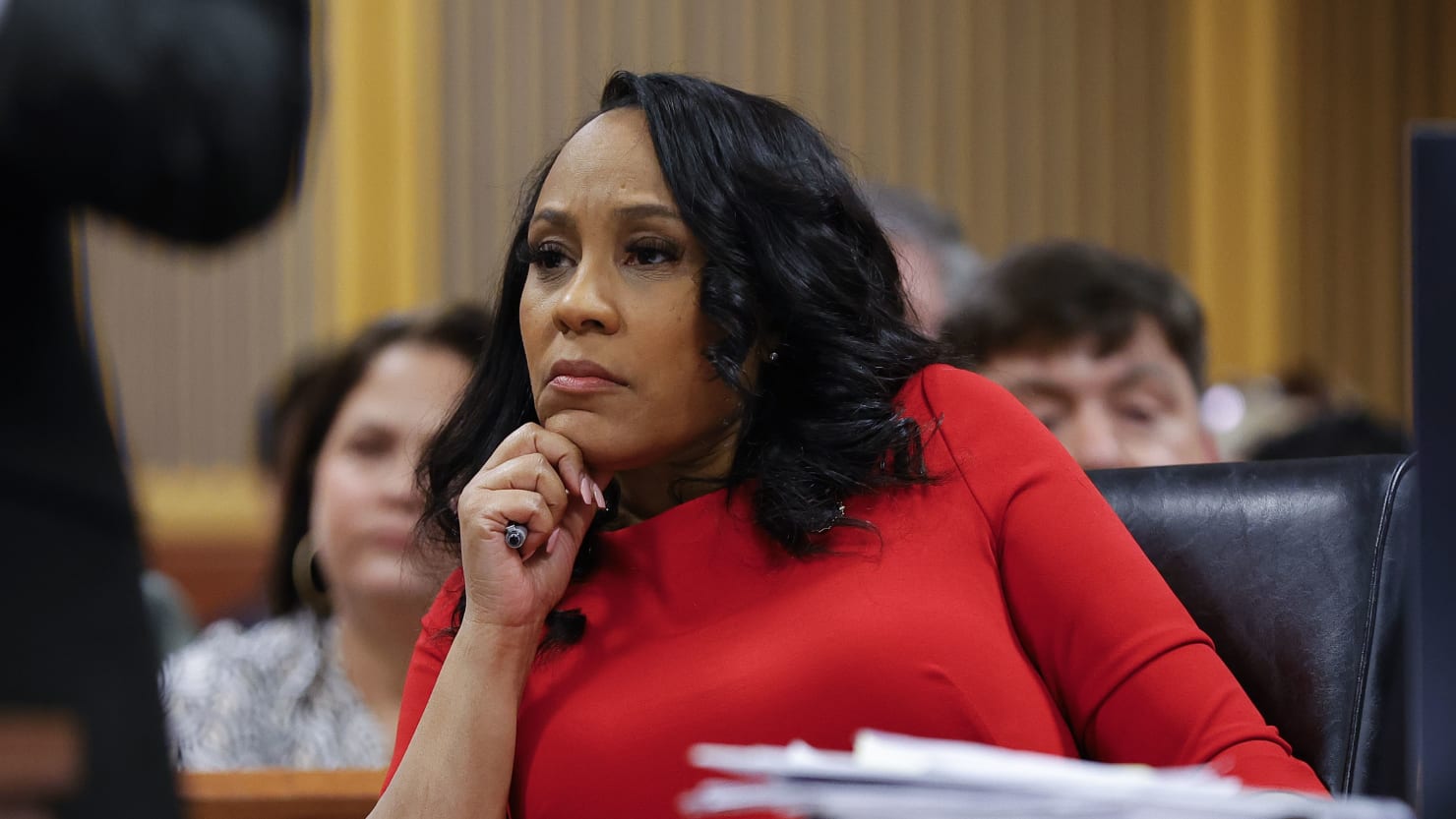NEW YORK (AP) — New York prosecutors abruptly dropped their criminal case midtrial Wednesday against three men who had been accused of conspiring to possess a cache of hand-drafted lyrics to “Hotel California” and other Eagles hits.
Assistant Manhattan District Attorney Aaron Ginandes informed the judge at 10 a.m. that prosecutors would no longer proceed with the case, citing newly available emails that defense lawyers said raised questions about the trial’s fairness. The trial had been underway since late February.
The raft of communications emerged only when Eagles star Don Henley apparently decided last week to waive attorney-client privilege, after he and other prosecution witnesses had already testified. The defense argued that the new disclosures raised questions that it hadn’t been able to ask.
“Witnesses and their lawyers” used attorney-client privilege “to obfuscate and hide information that they believed would be damaging,” Judge Curtis Farber said in dismissing the case.
The case centered on roughly 100 pages of legal-pad pages from the creation of a classic rock colossus. The 1976 album “Hotel California” ranks as the third-biggest seller of all time in the U.S., in no small part on the strength of its evocative, smoothly unsettling title track about a place where “you can check out any time you like, but you can never leave.”
The accused had been three well-established figures in the collectibles world: rare books dealer Glenn Horowitz, former Rock & Roll Hall of Fame curator Craig Inciardi, and rock memorabilia seller Edward Kosinski.
Prosecutors had said the men knew the pages had a dubious chain of ownership but peddled them anyway, scheming to fabricate a provenance that would pass muster with auction houses and stave off demands to return the documents to Eagles co-founder Don Henley.
The defendants pleaded not guilty to charges including conspiracy to criminally possess stolen property. Through their lawyers, the men contended that they were rightful owners of pages that weren’t stolen by anyone.
“We are glad the district attorney’s office finally made the right decision to drop this case. It should never have been brought,” Jonathan Bach, an attorney for Horowitz, said outside court.
Horowitz hugged tearful family members but did not comment while leaving court. Inciardi also declined to speak outside the courtroom but said in a statement, “The next step is building back our reputations.”
One of Kosinski’s attorneys, Scott Edelman, said outside court they would evaluate potential future legal moves, “given the judge’s statements of serious concern about the veracity of the witnesses.”
Edelman commended prosecutors for their ultimate decision but added, “It’s too little and too late.”
“The district attorney in this case got blinded by the fame and fortune of a celebrity,” Edelman said, “and that blinded them to the information that they weren’t being given.”
Henley’s current lawyer, Dan Petrocelli, said in an emailed statement that the attorney-client privilege that had previously shielded some of the communications “is a foundational guardrail in our justice system” that should rarely be forsaken.
“As the victim in this case, Mr. Henley has once again been victimized by this unjust outcome,” Petrocelli said. “He will pursue all his rights in the civil courts.”
The defense maintained that Henley gave the documents decades ago to a writer who worked on a never-published Eagles biography and later sold the handwritten sheets to Horowitz. He, in turn, sold them to Inciardi and Kosinski, who started putting some of the pages up for auction in 2012.
Henley, who realized they were missing only when they showed up for sale, reported them stolen. He testified that at the trial that he let the writer pore through the documents for research but “never gifted them or gave them to anybody to keep or sell.”
The writer wasn’t charged with any crime and hasn’t taken the stand. He hasn’t responded to messages about the trial.
In a letter to the court, Ginandes, the prosecutor, said the waiver of attorney-client privilege resulted in the belated production of about 6,000 pages of material.
“These delayed disclosures revealed relevant information that the defense should have had the opportunity to explore in cross-examination of the People’s witnesses,” Ginandes wrote.

Laura Davis is an entertainment aficionado who delves into the glitz and glamour of the entertainment industry. From Hollywood to Broadway, she offers readers an insider’s perspective on the world of movies, music, and pop culture.





